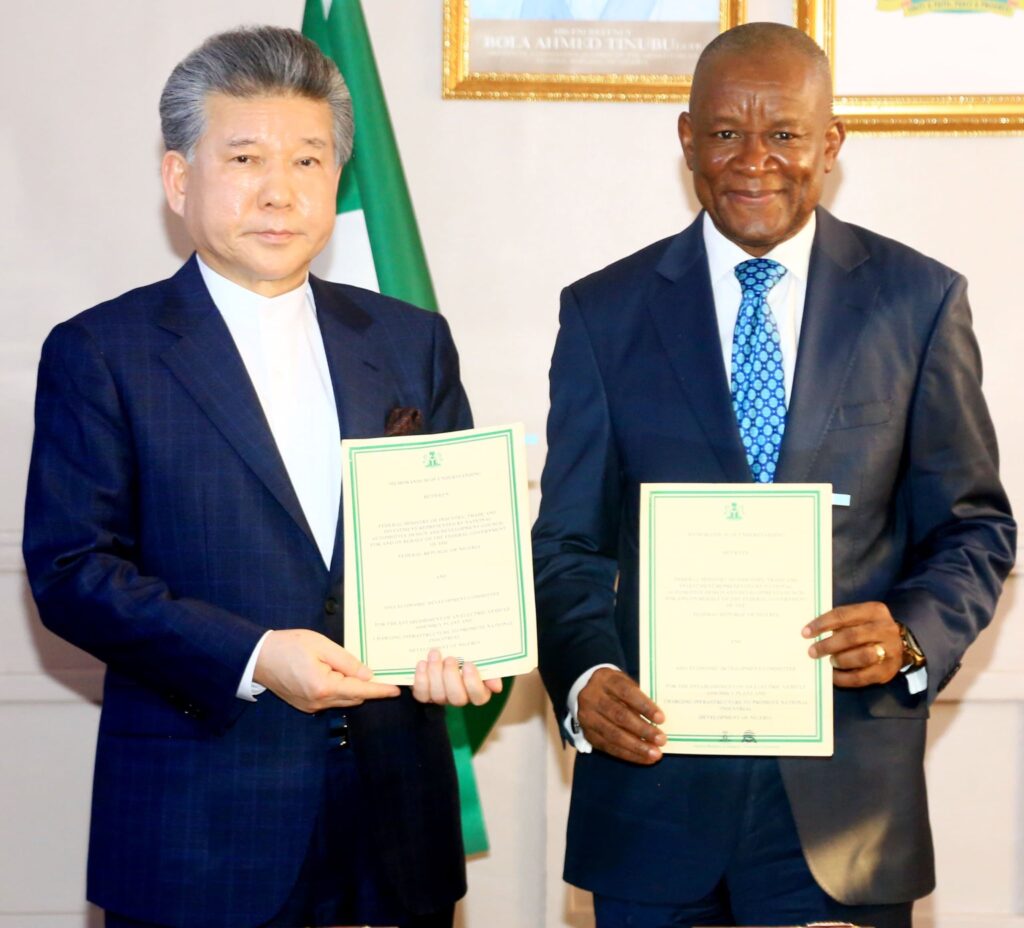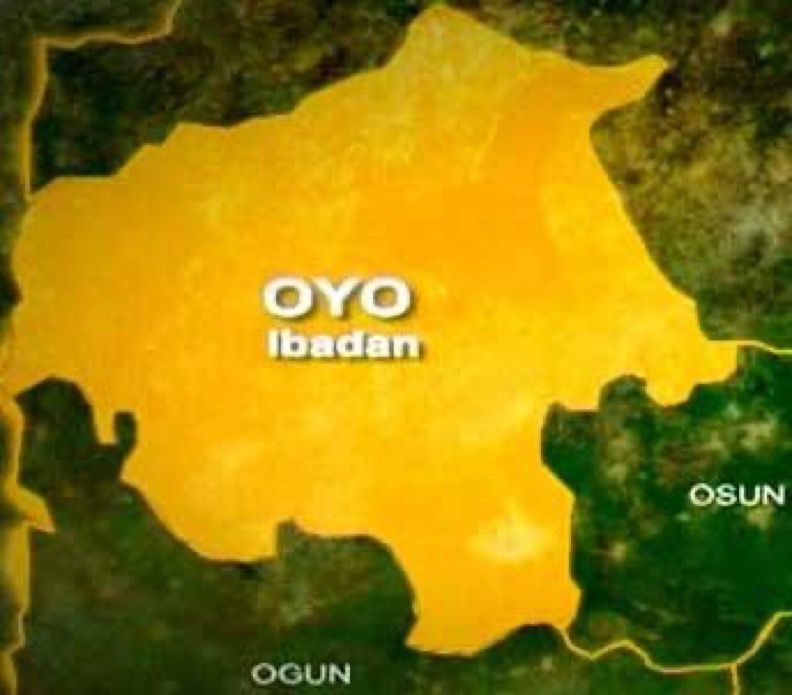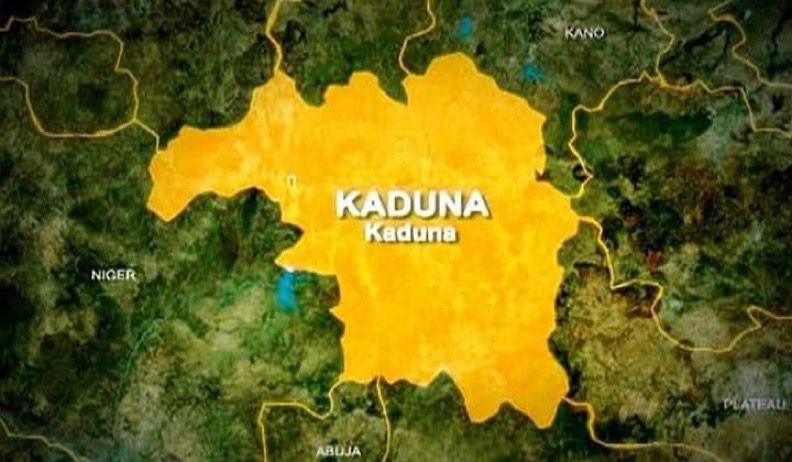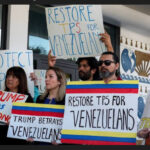Economist, Bongo Says Current Administration Shows Fiscal Improvement, But Challenges Remain
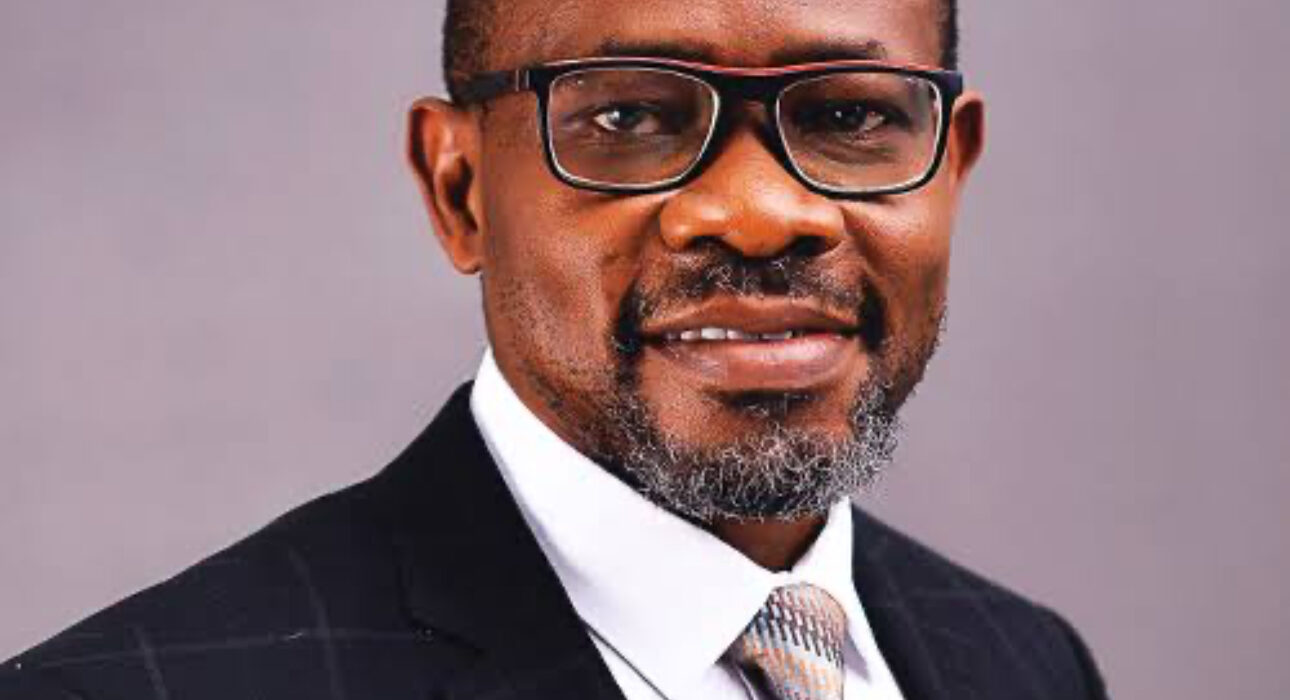
Economist, Professor Adi Bongo has said Nigeria’s economy is in a stronger position today than it was in 2023, pointing to improvements in oil production, non-oil revenue, and fiscal consolidation.
However, he cautioned that the nation still faces significant challenges, especially with inflation, exchange rates, and transparency in public finance.
Speaking in an interview on Arise News, Prof. Bongo noted that non-oil revenue has grown by about 20 percent while oil production has risen from 1.4 million to 1.8 million barrels per day. These gains, he explained, are clear signs of recovery when compared with the difficulties of previous years.
“The nation is in a much better fiscal state now than it was in 2023,” he said, stressing that the indicators point to improvement.
He also highlighted a narrowing budget deficit, which has dropped from more than six percent in 2021 to about three percent in the most recent fiscal year. This, he argued, reflects progress in fiscal consolidation and discipline in government spending.
Still, Bongo warned against overconfidence. Inflation remains stubbornly high, the naira continues to experience instability, and questions linger over the government’s claims of meeting ambitious revenue targets. “We clearly are not where we used to be, but we also recognize that we have not yet reached where we should be, so there is still work to be done,” he added.
The economist also expressed concern about limited transparency in revenue data, saying it is difficult to independently verify the figures released by government agencies.
He urged the administration to publish more detailed fiscal reports to build public trust and allow for better economic planning.
While giving the current government the “benefit of the doubt,” Bongo emphasized that sustainable growth will depend on consistent improvements in revenue collection, better management of oil resources, and credible efforts to stabilize inflation and the exchange rate.
His remarks reflect the mixed sentiment among analysts who acknowledge recent fiscal gains but warn that Nigeria’s broader economic challenges remain unresolved. For many observers, the real test of the administration’s economic performance will be whether these improvements translate into lower living costs and greater stability for ordinary Nigerians.


